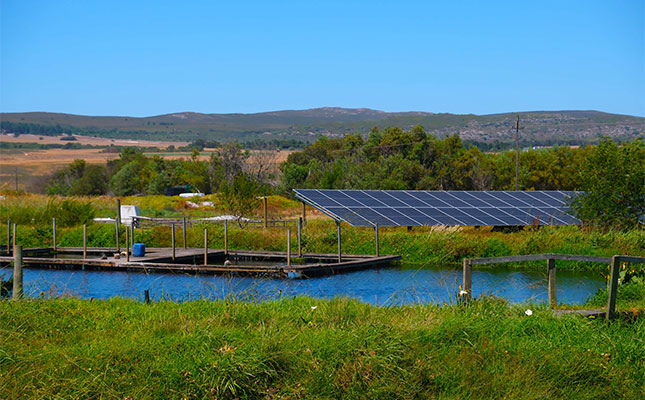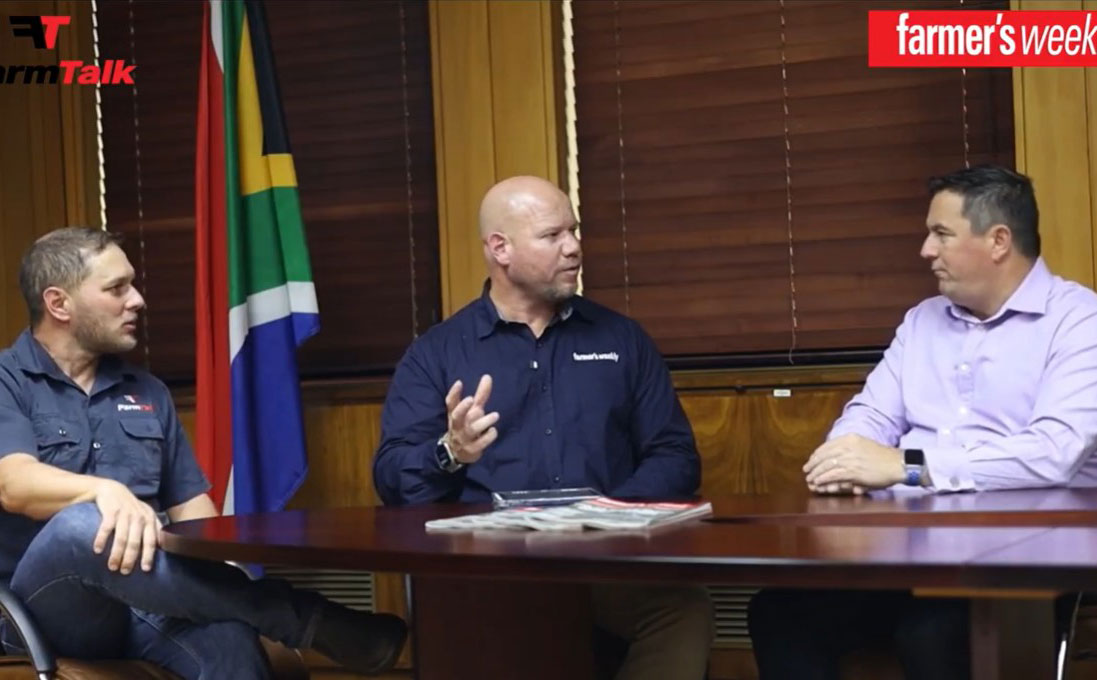
The partnership focused on strengthening livestock value chains across the Free State, Eastern Cape, Western Cape, and KwaZulu-Natal.
The NWGA general manager Dan Kriek told Farmer’s Weekly, as part of the agreement, wool sheep farmers stood to benefit from five key sub-projects targeting ram breeding and the training of shearers and wool handlers. The collaboration was designed to address both immediate and long-term development needs within the communal farming sector.
Shared vision for rural development
According to Kriek, the partnership evolved from the shared values and ongoing work between the two institutions. He explained that the UFS Woolwise project had previously supported 1 200 emerging sheep farmers in Thaba Nchu and Botshabelo, and this had laid the groundwork for a formal collaboration.
“The NWGA has always been involved in assisting wool farmers to improve their wool clip and production. When I heard about the university’s work, I made contact and we decided to collaborate and source funding to help these farmers in the long term,” Kriek said.
Kriek mentioned that the NWGA had also signed a collaboration agreement with the MEC for Agriculture in the Free State, further strengthening the institutional support behind the initiative.
Long-term breeding and training initiatives
Kriek said, one of the main objectives of the partnership was to establish ram breeding projects in six communal farming areas. These communities would be supported to eventually develop into stud ram breeders. The NWGA planned to bring in support from industry bodies such as Merino SA and the Dohne Merino Breeder Society to assist with technical and breeding expertise.
The partnership also aimed to expand wool classing, and shearer training areas where the NWGA had already established a track record of success.
“You do not set up a stud breeder in one year; improved flock performance takes time, so this is a long-term project. We are thankful that the collaboration will stretch over several years,” he said.
UFS brings academic resources to the table
Professor Jan Willem Swanepoel, director of the Centre for Sustainable Agriculture at UFS, told Farmer’s Weekly, the partnership was a strategic fit for the university’s Vision 130, which focused on academic excellence and maximum societal impact.
“This partnership directly supports our goal to foster sustainable and equitable food and fibre systems, especially for rural communities. It empowers farmers, strengthens value chains, and turns academic research into practical tools for upliftment,” said Swanepoel.
According to Swanepoel, the university committed significant resources to the initiative, including expertise from its Faculty of Natural and Agricultural Sciences, access to the experimental farm which houses a Dohne Merino flock, a wool processing plant, and research funding through the Mastercard Foundation’s TAGDev 2.0 programme.
Creating opportunities for students and researchers
Swanepoel further mentioned that students and early-career researchers at UFS were set to benefit significantly from the partnership through fieldwork, community engagement, and applied research projects aligned with real-world agricultural challenges.
The training and exposure will offer students valuable experience in project management, communication, and the wool value chain.
“They will gain hands-on work with farmers and extension services, bridging theory and practice. This is a chance for them to contribute to rural upliftment while advancing their academic careers,” he says.
Monitoring progress and measuring impact
According to Swanepoel, a robust monitoring and evaluation framework forms a key part of the partnership. The university committed to conducting baseline studies, and tracking indicators such as wool quality, flock health, income levels and training outcomes.
“Regular assessments and feedback loops will guide the work. We are committed to ensuring that the impact is both measurable and sustainable,” said Swanepoel.
Get trusted farming news from Farmers Weekly in Google Top Stories.
➕ Add Farmers Weekly to Google ✔ Takes 10 seconds · ✔ Remove anytime










